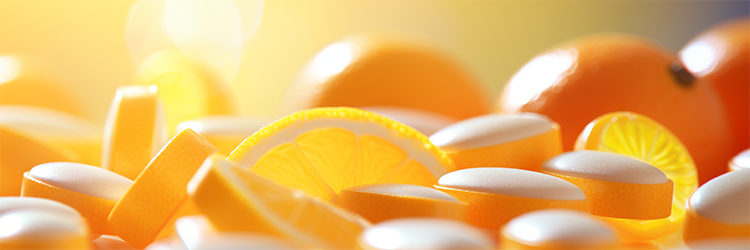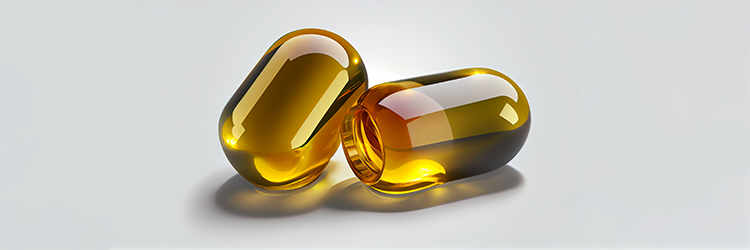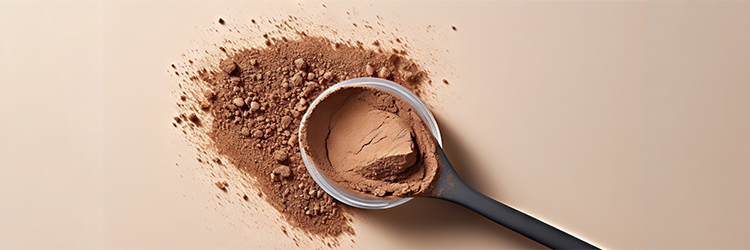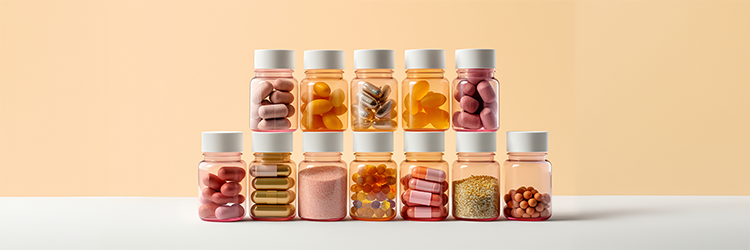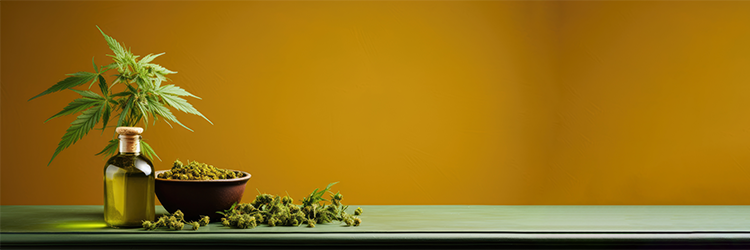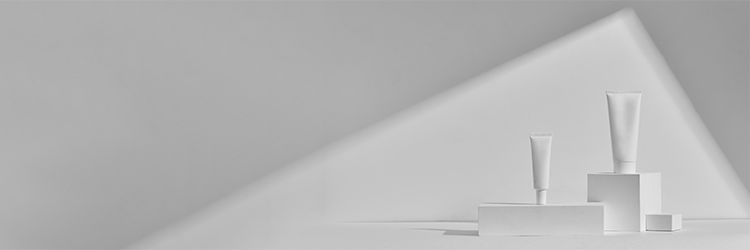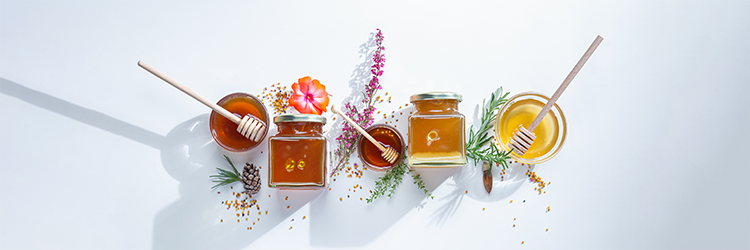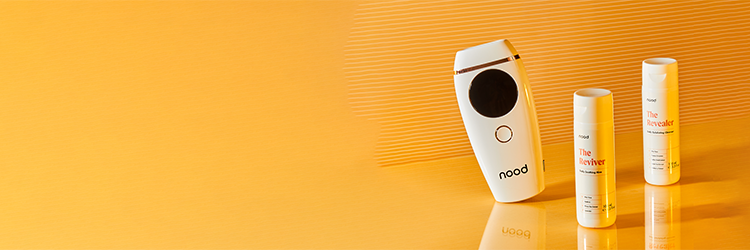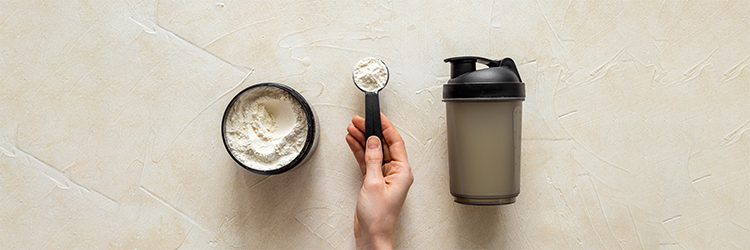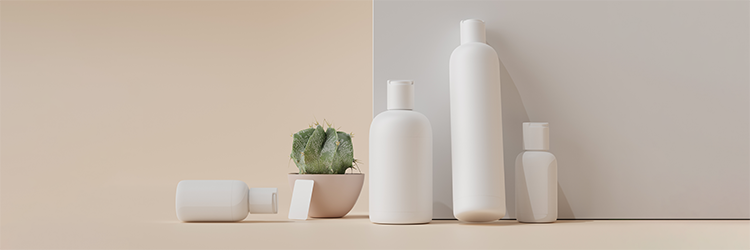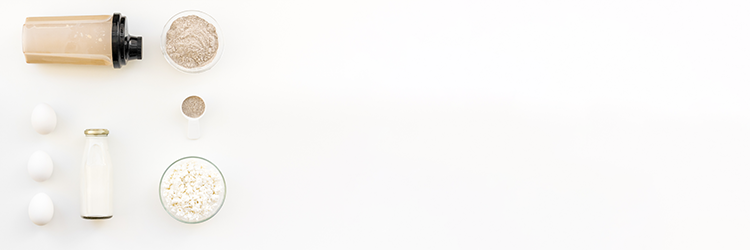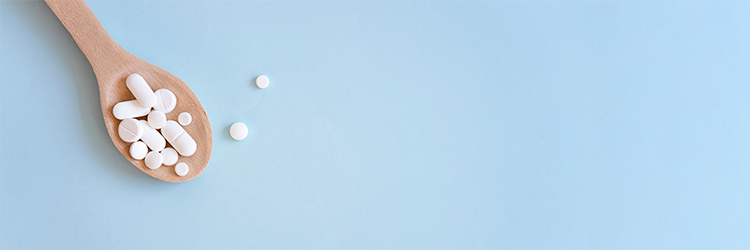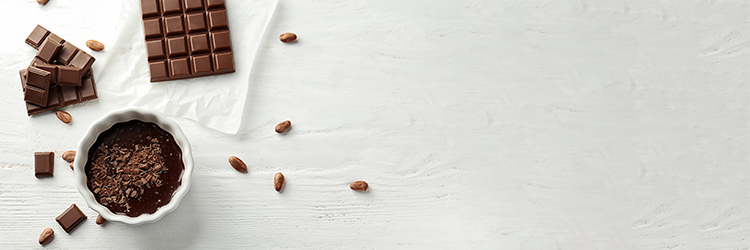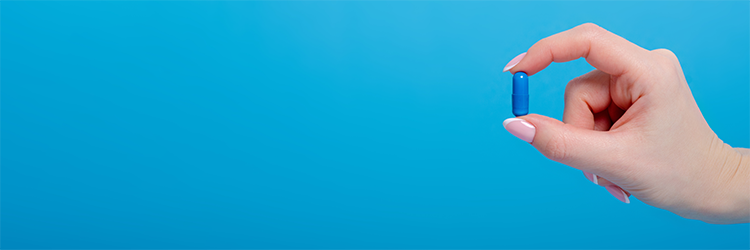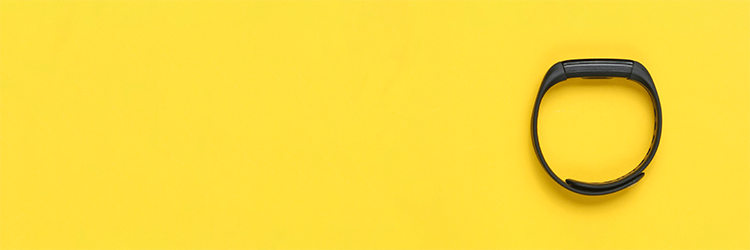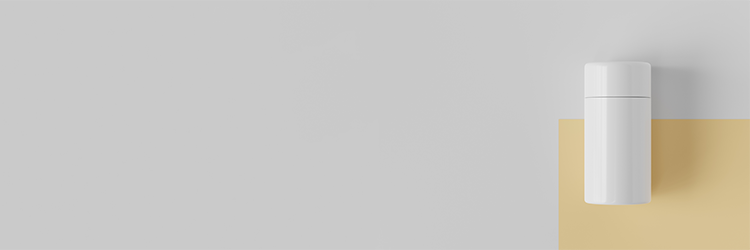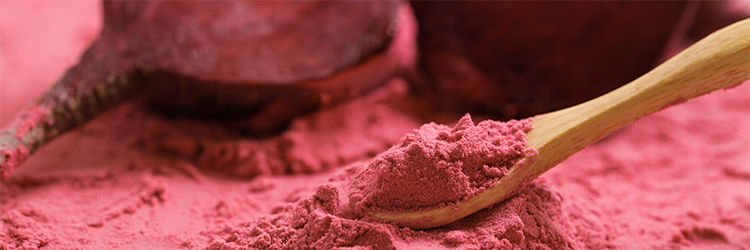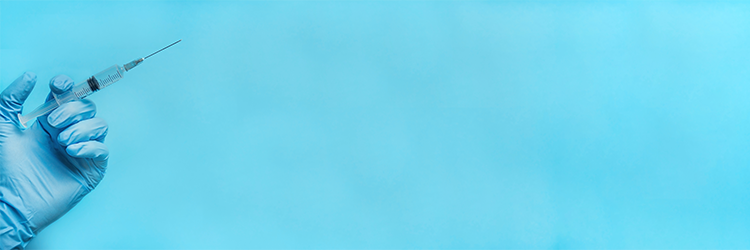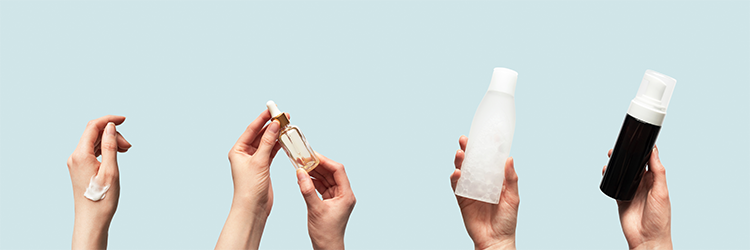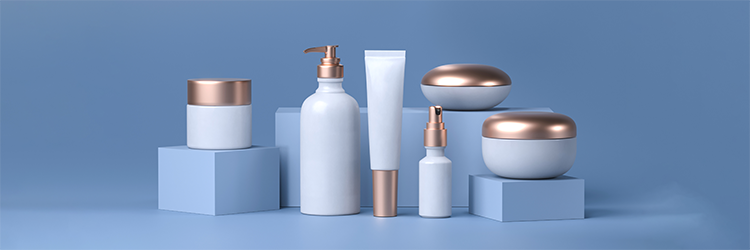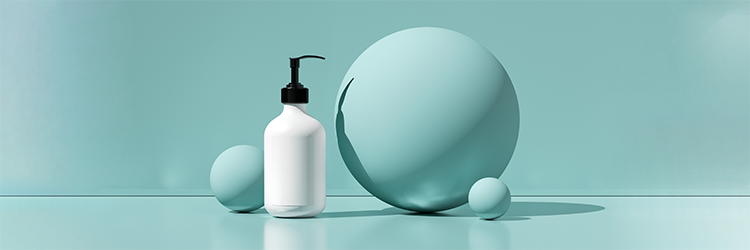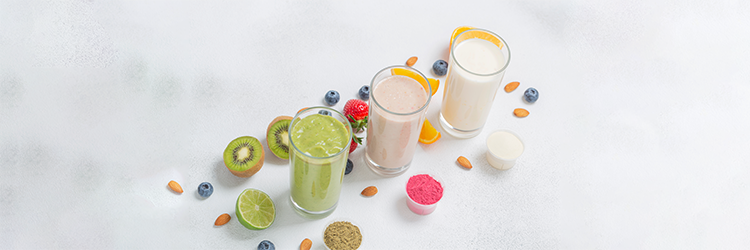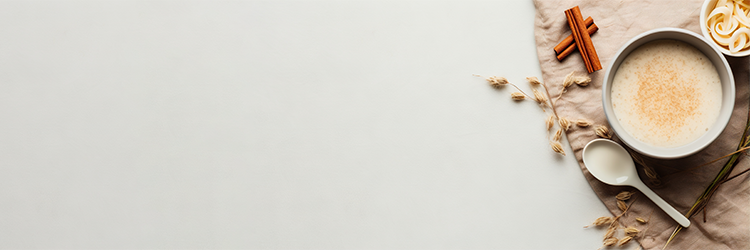
Disclaimer: None of the information in this article constitutes medical advice, and is just the opinion of the writer(s). We recommend that patients follow their doctor’s guidance in regard to prescription medication and nootropics.
Adderall is a prescription drug used to treat attention deficit hyperactivity disorder (ADHD). It’s a stimulant that improves focus and concentration. It’s very effective in doing so, but may come with the risk of long-term negative effects to health, as well as dependency.
The risk of addiction to Adderall is established .
But are there natural compounds shown in research studies to improve focus and concentration? Are these compounds safe? Are these herbs as potent as Adderall? And what about synthetic "smart drugs" like modafinil?
In this article we'll answer all of these questions and more, as we feature five natural compounds shown in research studies to improve focus and concentration.
We'll highlight both efficacy and safety studies on these compounds, compare "smart drugs" like modafinil to Adderall, and share our thoughts on herbal versus synthetic nootropics (cognitive enhancers).
We're not suggesting any of these natural compounds should be used to treat any medical condition, or that they're as effective as any FDA-approved medication like Adderall; rather, we're just sharing information that individuals averse to prescription medication can speak with their doctor about.
Ginkgo Biloba Extract

One of the most popular supplements for cognitive enhancement is ginkgo biloba extract. This supplement is formulated by extracting the leaves of a tree native to China called the Maidenhair Tree. It’s been used to improve focus for thousands of years.
A published in the Phytomedicine journal found that ginkgo biloba extract improved free recall (an aspect of memory) in healthy, middle-aged volunteers.
A 2000 found that ginkgo biloba extract enhanced attention and cognitive performance in healthy young volunteers.
These results are especially impressive considering that nootropic effects are usually more pronounced in individuals with some level of mental impairment, like Alzheimer’s. Ginkgo appears to be able to improve short-term cognitive function even in healthy, young volunteers.
The safety profile of ginkgo biloba is excellent.
A on adverse event profiles (bad reactions) found that ginkgo caused no more side effects than placebo.
Another analyzed the toxicity of ginkgo and found the plant to have a favorable safety profile when used at an appropriate dose.
Illuminate Labs manufactures a Ginkgo Biloba Extract Supplement that's potent (standardized to minimum 24% flavone glycosides and 6% terpene lactones) and third-party tested to ensure purity and label accuracy.
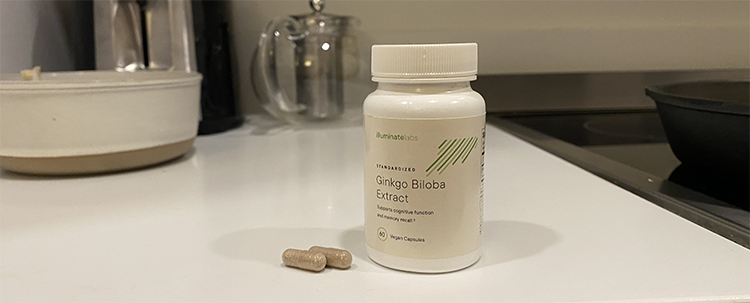
As one of the authors of this article (Calloway), I use our ginkgo biloba extract relatively often to support focus and concentration during long work sessions.
I take two capsules, often with caffeine like black coffee or tea, and I notice a substantial improvement in my ability to focus without distractions for long periods of time.
I don't notice any sort of stimulatory effect; just improved cognition.
Panax Ginseng Extract

Panax ginseng is one of the oldest herbal supplements on the market. It’s often called “Red Ginseng” or “Asian Ginseng," and is a different variety from American ginseng.
Panax ginseng is the most well-studied type of ginseng, and the type typically used for nootropic effects. Increased energy is a potential secondary benefit of this supplement; similar to Adderall use.
One of the more profound effects of ginseng supplementation which makes it a viable Adderall alternative in our opinion is its ability to reduce mental fatigue in subjects under mental stress.
A published in the Journal of Psychopharmacology found that individuals taking ginseng before a series of mentally demanding tests outperformed those taking placebo pills.
The researchers suggested that the improvement may be due to ginseng’s gluco-regulatory (blood-sugar-reducing) effects. People under stress typically experience increased blood sugar levels as a direct effect of the stress, and ginseng may normalize these levels which improves cognitive function and performance.
Ginseng may also improve memory. A 2013 found ginseng to improve both cognition and memory.
The study authors concluded that panax ginseng supplementation “exerted overwhelmingly positive effects” on function across different cognitive domains. Ginseng was found to be particularly effective in regard to memory and tasks which require memory recall.
Ginseng has a favorable safety profile.
A 2017 concluded that “ginseng has had nearly no toxic effects in case of controlled intake.” This means that so long as consumers use a reasonable dosage of ginseng as informed by the label, side effects are unlikely.
Illuminate Labs manufactures a Panax Ginseng Extract Supplement that's potent (standardized to minimum 8% ginsenosides) and third-party tested to ensure purity and label accuracy.
Black CoffeeWe receive compensation when readers purchase the products or services we recommend.

Coffee is the original nootropic, and is arguably the nootropic compound with the most proven effects.
Caffeine is thought to be responsible for most of the nootropic effects of coffee. Caffeine tends to exert effects in a dose-dependent manner, meaning the more that is consumed (to a limit), the more cognition improves.
A published in the Nutrients journal compared cognitive ability and mood in subjects drinking caffeinated coffee compared with placebo.
Those in the caffeinated coffee group outperformed on nearly every cognitive metric compared to the placebo group, including information processing speed, digit vigilance, mental fatigue and many more criteria.
It shouldn’t come as a surprise that coffee is one of the safest nootropic compounds, since about 80% of Americans drink it regularly a 2014 population study.
Coffee used to be recommended against for patients with cardiovascular risk factors, but a 2017 published in the Expert Review of Cardiovascular Therapy journal found that even at-risk groups such as those with cardiovascular disease can drink coffee safely in some cases, perhaps because the phytonutrients in coffee are cardioprotective.
We only recommend black coffee consumption, as added sugar makes the drink less healthy (and is worse for cognition).
MBG Clean Coffee+ is our top coffee product, because it’s ground for convenience, organic certified, and third-party lab tested for purity (which is highly uncommon for coffee).
Rhodiola Rosea Extract

Rhodiola rosea is a flowering plant grown primarily in Europe. It’s commonly referred to as “golden root” for its visual appearance.
The extract of this plant falls in a class of compounds called “adaptogens,” which have the ability to stabilize psychological processes in humans and improve cognition.
The mechanism of action of rhodiola rosea as a cognitive enhancement tool and alternative to Adderall is different from any of the compounds previously reviewed in this article, and primarily involves stress reduction.
A 2010 concluded that rhodiola improved cognitive function by reducing salivary cortisol levels. Cortisol is a stress hormone, so this suggests that rhodiola favorably modulates how the body deals with stress, and the improvements to cognition are a downstream effect.
Rhodiola is also clinically shown to improve memory, as we discussed in our review of nootropic supplement Mind Lab Pro.
Rhodiola has been safety-tested thoroughly in various clinical trials.
This 2015 noted a favorable safety profile for rhodiola.
A published in the Medicinal Research Reviews journal found that rhodiola had “no chronic and acute toxicity under the experimental conditions at their therapeutic windows or far beyond.”
Bacopa Monnieri Extract

Bacopa monnieri has been used in Ayurvedic medicine for thousands of years for its perceived benefits to brain health.
It’s a perennial herb native to India. Much of the medical research on bacopa monnieri for nootropic effect uses the extract form rather than raw powder, and bacopa supplements are typically standardized for bacosides, which is the active chemical compound in bacopa.
What makes bacopa monnieri an exciting potential alternative to Adderall is that it not only improves cognitive function in healthy adults, but even shows promise in fixing cognitive disorders and cognitive decline in those with diagnosed mental conditions.
A published in the Rejuvenation Research journal analyzed nearly 150 clinical trials on bacopa and concluded that the herb “demonstrates immense potential in the amelioration of cognitive disorders.”
A 2019 tested the cognitive effects of bacopa in medical students in a test setting.
The group taking bacopa for the memory test saw their scores nearly double after supplementing the herb, while the group taking placebo pills saw their scores fall slightly.
This study is important because it involved a test group that already had high cognitive abilities. The fact that supplementing bacopa could increase cognitive function of a group with already advanced cognitive function is notable.
The safety profile of bacopa monnieri is strong. A from 2016 found that only 2.3% of participants in all reviewed studies experienced mild side effects.
What About "Smart Drugs"?
There are interesting synthetic nootropic compounds like modafinil and adrafinil (and many more) which are getting a lot of buzz in biohacking circles.
We support continued research on these compounds and any other compound, natural or synthetic, that shows promise in improving human cognitive function.
However, as of today, we don’t believe that the safety profiles of most synthetic nootropic compounds are well-established enough to warrant recommendation.
Also, some synthetic nootropics may be addictive.
A published in the Addiction Biology journal described modafinil as having addictive potential, and concluded that "similar neural substrates are involved in the psychomotor/rewarding effects of modafinil and cocaine."
Even for those interested in biohacking by all means, it seems logical to start with herbal nootropic compounds from a risk assessment perspective.
If one can achieve the desired cognitive effect without taking on additional risk, it could make logical sense to do so, with the approval of a doctor or other medical professional.
Is Adderall More Potent?
The subjective focus and concentration benefits achieved from a supplement or medication will all depend on the individual.
Every individual responds slightly differently to every compound. However as a general rule, most herbal nootropics aren’t as powerful as Adderall.
Because Adderall is an amphetamine, it’s one of the most stimulating compounds that can be attained legally. Just because it can be, and often is prescribed for daily use in the US, doesn’t mean that it should be in our opinion.
There are also a host of nootropic technologies being developed recently like Neuralink, and these hardware devices, while still nascent, may in five years be able to target cognitive function in novel ways not currently achievable through supplementation.









































































